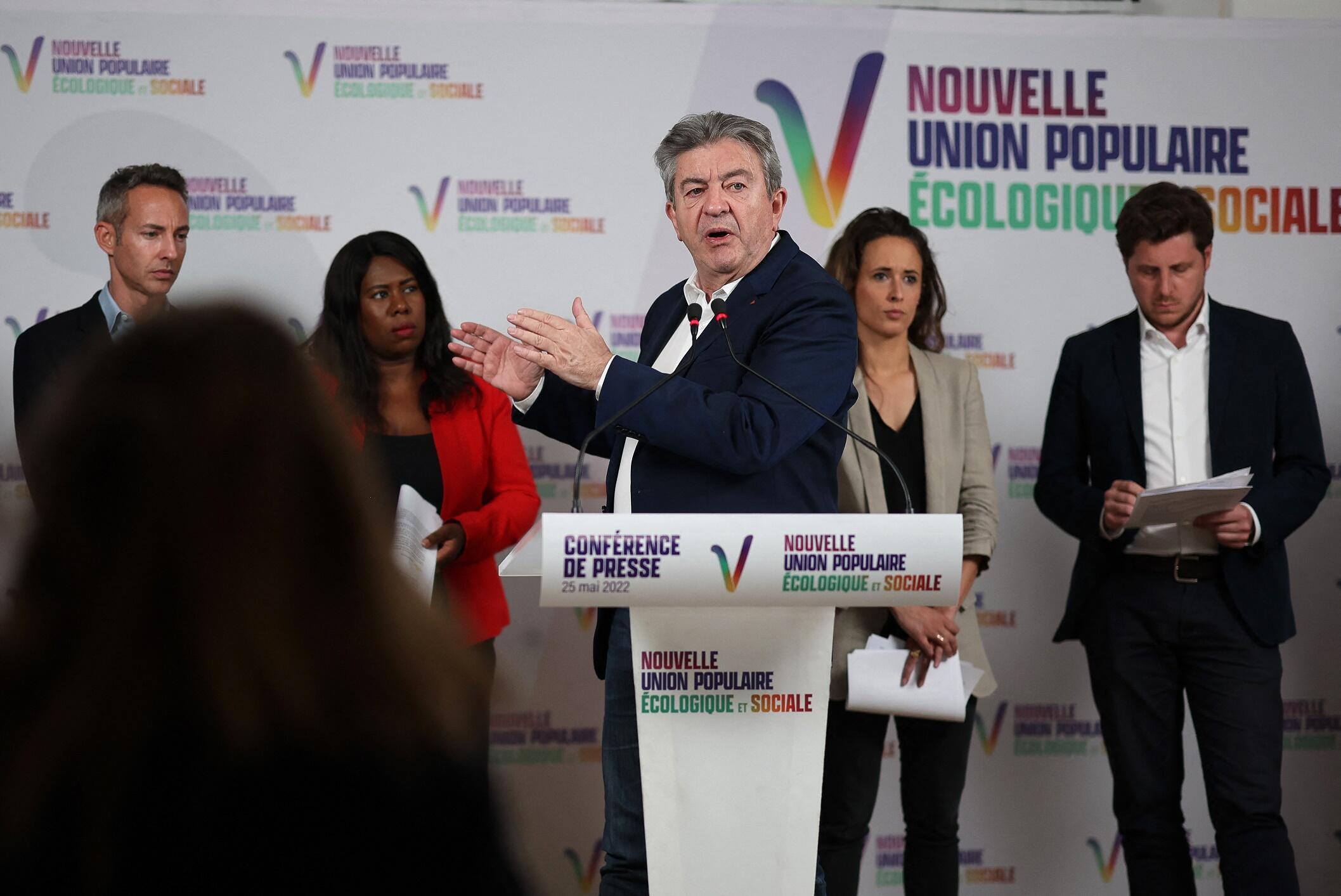French Prime Minister Elisabeth Borne held a Cabinet meeting in Paris on Friday to outline the priorities of her new government for the coming months.
Speaking after the meeting, Borne said that her Cabinet would pursue French President Emmanuel Macron's goals on tackling the cost of living, the country's health system and the climate crisis.
"The first weeks of our action must be dedicated to respond to the urgent expectations of the French people," she says, the top one being the strengthening of purchasing power.
According to Borne, Paris did succeed in "better protectin the purchasing power" of the French people "than any other country of the Eurozone," but more is needed.
She also pointed out that France has the lowest inflation rate of all EU member states.
Rapidité. Efficacité. Résultats.
— Élisabeth BORNE (@Elisabeth_Borne) May 27, 2022
Une méthode et un collectif pour répondre aux attentes des Français.
Chaque journée de ce quinquennat sera utile. pic.twitter.com/32nhaZ212g
Health, climate
Borne's second priority is to revamp France's the health system, battered by the onslaught of the Covid-19 pandemic.
The PM says Paris has to respond swiftly to the lack of personnel in hospitals, and "asked the health minister to ... present me with concrete proposals as soon as possible in order to take efficient measures this summer."
The third priority singled out by France's new PM is climate.
Macron has put Borne in charge of "ecological planning," a portfolio she shares with Minister of Ecological Transition Amélie de Montchalin and Agnès Pannier-Runacher, the Energy Transition Minister.

France itself is heavily affected by freak weather. As global warming accelerates, the spectre of drought is haunting France’s once verdant farmland.
Already before the start of the summer, 15 administrative departments imposed restrictions on the use of water while farmers warn that the heat may have an adverse impact on crop yields.
Parliamentary elections
Meanwhile, French President Emmanuel Macron is trying to secure the parliamentary majority needed to implement the policy proposals that the campaigned on in last month's presidential election.
France's parliamentary election to determine seats in the National Assembly is being held over two rounds of voting in June and parties on both the far-left and the far-right are trying to reduce Macron's centrist majority.

(with Wires)







